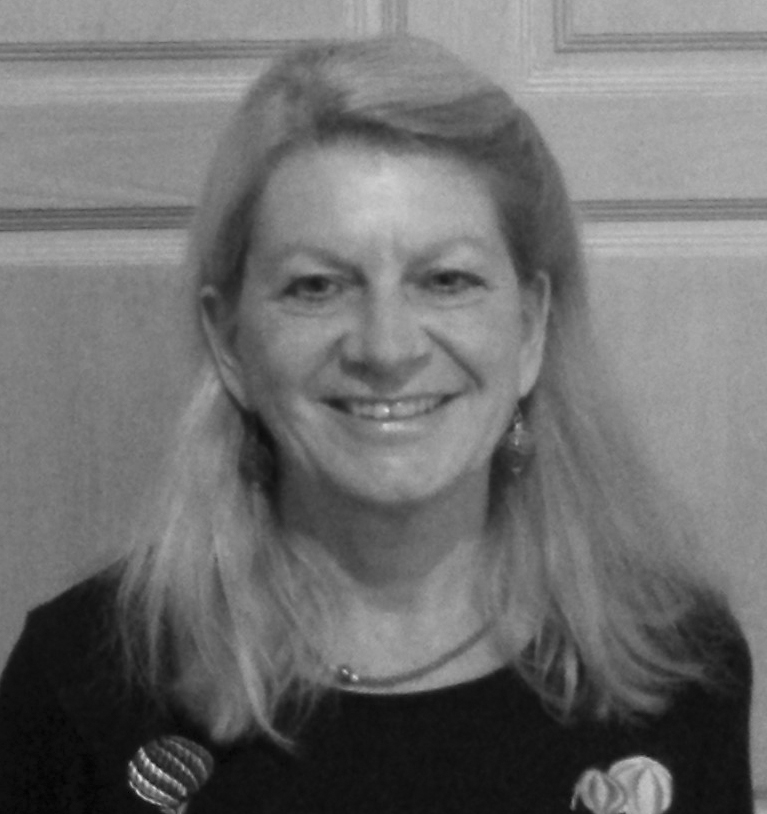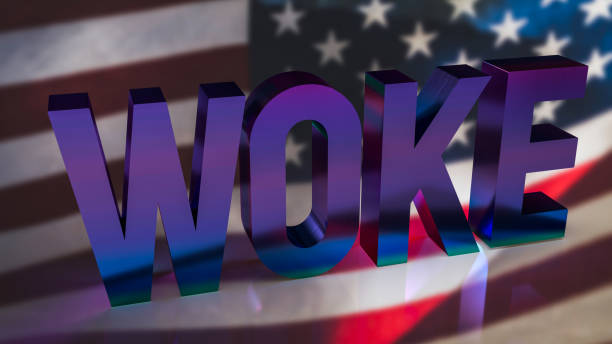2 March 2023
Peak Woke?
Not there yet.
By Lynda Goetz

For a word which few of us had heard of until just a few years ago, ‘woke’ has become surprisingly ubiquitous – and divisive. It now carries with it a whole culture clash and almost single-handedly portrays the conflicts currently at the heart of Western civilisation. It is political correctness on steroids. For some it represents a real awakening and nascent understanding of wrongs to be righted and of injustices to be corrected. For others it signifies an increasingly incomprehensible world where the majority are kowtowing to the minority; where the word ‘woman’ seems not to be definable; where young people are being taught that there are an unimaginable number of genders; where Christians cannot state the tenets of their faith without opprobrium (although other religions seemingly can); where to be white is to be seen as automatically ‘guilty’; where ‘sensitivity readers’ with no writing talent have retrospective power to amend ‘upsetting’ words and sentences in historic works of fiction for contemporary ‘enjoyment’ and museum exhibits need to be viewed with patronising and biased explanations of the West’s historical culpability.
The BBC has addressed the rise of this word in a recent series by Matthew Syed on Radio 4, ‘Woke: The Journey of a Word’. Three years ago, journalist Helen Lewis made a programme also for Radio 4, entitled ‘The Roots of Woke Culture’. It is fascinating to listen to both of these now in 2023. The programme made in 2020 already seems to belong to another era; a time when Toby Young had only just founded The Free Speech Union; Harry and Meghan had only recently announced their decision to ‘step back’ from royal duties and the Oprah interview was a year in the future; when academics like Sussex University professor, Kathleen Stock, had not yet been hounded from their posts for failing to conform to students’ and academics’ views on gender identity; and George Floyd was still alive. The word itself, according to Mr Syed’s illuminating first episode, was originally a ‘defensive’ word used within the black community in the US; a word which reminded them to ‘stay alert’ to the dangers which faced them if they were not careful. Its first recorded use was in the 1930s, the era of the Great Depression and of course the time in which Harper Lee’s famous novel To Kill a Mockingbird was set; a time when the dangers of being black in a white-controlled world could not be overestimated.
Today is a different time and much has changed. ‘Woke’ is a word which has come to exemplify the polarisation of modern Western society and, as Mr Syed says in his introduction, ‘is synonymous with our era of angry debate’. But have we perhaps reached ‘Peak Woke’? Florida has an anti-woke State Governor, Ron de Santis; Madrid has an anti-woke president, Isabel Diaz Ayuso, and last week’s about-turn by Puffin on the matter of issuing revised versions of Roald Dahl’s popular children’s’ books was greeted by some as a triumph for the anti-woke brigade.
Others, like writer and musician, Dominic Green, take the view that the censors are not going anywhere and ‘will return to work on Monday, red pens in hand’. His argument, that the battle for Dahl may be over but that the culture wars go on, would seem to have some merit. We have since found out that Ian Fleming is the latest author to be subjected to teacher’s red pen, although in this case the publishers’ claim that Fleming’s estate is happy with this and that ‘he would have wanted it’. This seems odd, as why would anyone wish to have writing, in tune with its time and the character created, rewritten to conform to the views of a future time? This, surely, fundamentally changes what was originally created? Should a director in creating a new film version of a book decide to contemporise it, that is one thing. As is a similar decision in relation to staging a play. The original oeuvre however should remain untampered with, otherwise (as discussed in an article on sensitivity readers last week in Only Connect) we would appear to be on a very slippery slope.
The public outcry against the vandalization and censorship of Roald Dahl’s work was however interesting. It suggested that given enough encouragement, support, information and motivation the majority can be moved to action (or perhaps it was simply that some influential people, including the Queen, had spoken out). The problem is possibly that, for the majority, the grievances and victim mindset of the minorities are not generally uppermost in their life priorities, so that there is little motivation to speak out and risk being accused of hate-crimes. Far better to keep quiet and worry about whether they can buy enough tomatoes and cucumbers (although as one national newspaper editorial pointed out, ‘Who on earth buys two cucumbers at a time under normal circumstances?) or afford to pay the mortgage and the heating bills. Although this mindset is understandable, it is concerning, for it does, inevitably, lead to the views of the minorities being foisted onto the majority and unwanted change happening as a result of general apathy. How many people really believe that the Tavistock Clinic was meeting a real need or that 16-year-olds should be free, as Nicola Sturgeon was proposing, to choose their legal gender identity? (The right for 16-year-olds to marry has this week been removed in England)
Twenty five years ago, James Finn Garner wrote ‘Politically Correct Bedtime Stories’. I still have a copy somewhere. They are very amusing. At the time, he was rejected by 27 publishers, some worried about causing offence (so little has changed there, then). “And then others said, ‘PC has peaked, it’s over now’. I thought”, he is reported as saying in a telephone interview with Jake Kerridge in ‘The Telegraph’ “‘Really, man, you’ve got a lot of faith in people.’”
Garner believes the books were successful, not because the world is full of frothing PC-gone-mad types but because “so many people were worrying about how they could be sensitive to other people’s backgrounds and sensitivities – trying to be good neighbours, basically – and so they related to the humour, which was pretty gentle I think.” He considers that “the word ‘woke’ is carrying a whole lot more weight than ‘politically correct’ ever did”. At a time when there are actors who appear not to understand the meaning of acting and seem to consider that you can only play a part if you have ‘lived experience’ equating to the role (Jessica Barden this week told Emma Corrin to stick to ‘posh’ roles) and someone on Woman’s Hour talking about the withholding of gas and air referred to ‘women and people who give birth’(!), he is probably right: which is why, if publishers were mistaken about peak PC in the late 1990s, we have almost certainly not yet reached peak woke today.


